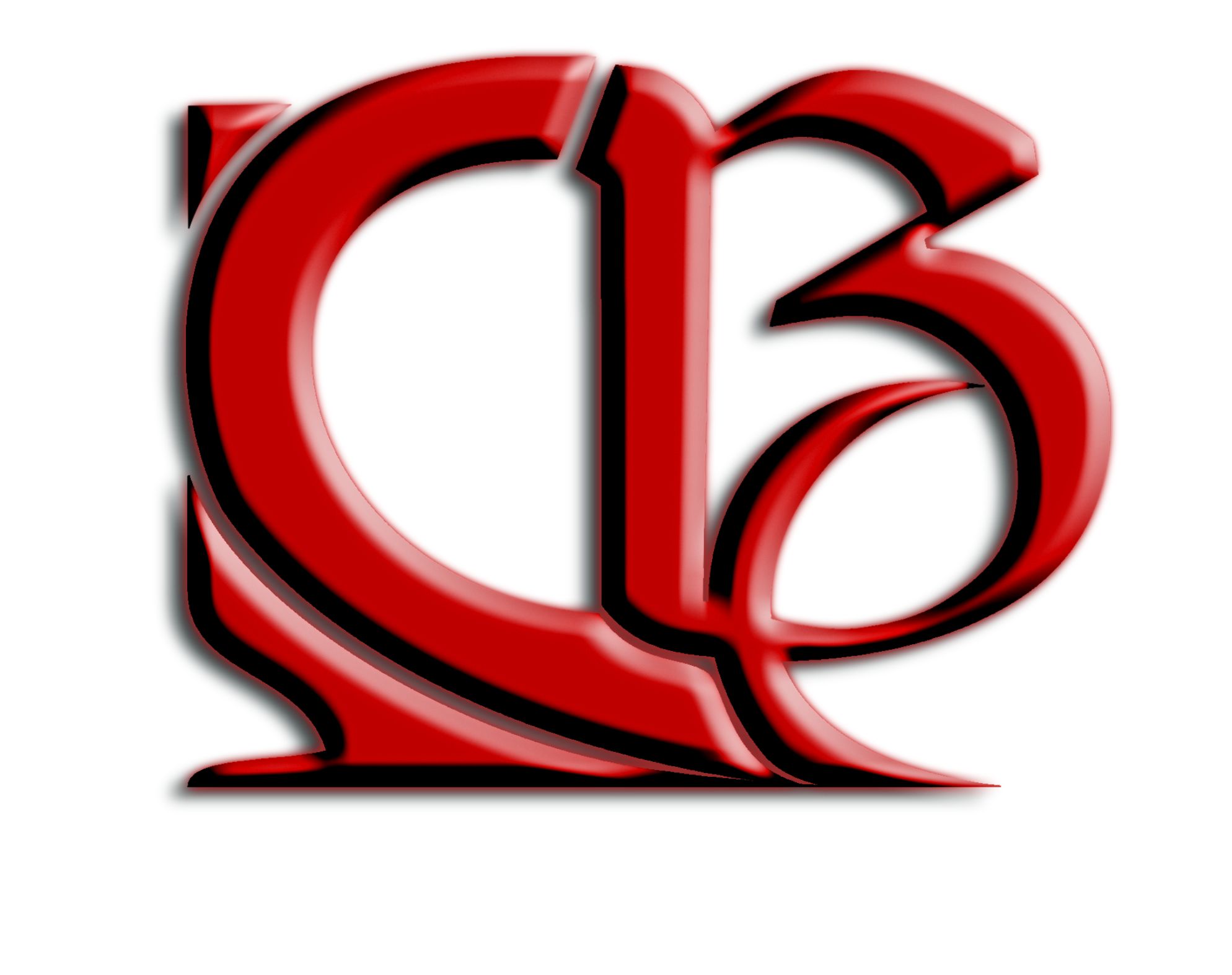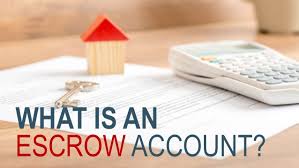It takes money to make
money. But with all the scams around, especially surrounding project funding,
an Escrow Account or other designated firms that are secured by an Insurance firm,
is an established procedure that can provide protection for both sides in the
transaction.
PROCEDURE
1) What is it?
- An escrow is a financial arrangement where a third party holds and regulates the payment of the funds required for two parties involved in a given transaction. It helps make transactions more secure by keeping the payment in a secure escrow account which is only released when all of the terms of an agreement are met as overseen by the escrow company.
2) Why?
- Since the project is a non-recourse funding, an escrow is used to serve as a security/collateral against the funding and also shows the creditworthiness of the borrower
3) How it works?
- After the funding agreement is signed, the escrow agreement is issued with the details of the escrow company as stipulated by the lender. The escrow firm can be verified by the borrower.
- Lender and Borrower agree to terms – After the signing of the loan agreement, both parties sign the escrow agreement with the details of the escrow firm,
- The borrower pays Escrow – Borrower submits payment by selecting wire transfer, Escrow verifies the payment, the Lender and Borrower are notified that funds have been secured.
- Lender initiates the transfer – Upon payment verification, the Lender is authorized to transfer the loan as agreed in the funding agreement, the escrow verifies that the borrower has received the loan
- Escrow pays Borrower – Escrow refunds the escrow deposit to the borrower.
How Escrow Protects
Borrowers: In the case of a Borrower seeking 100%
financing, Loan and JV, Due Diligence fees are usually required
before funding, so the Lender can ensure the project is viable before providing
financing. Escrow ensures the Borrower’s wishes are upheld and certain actions
are completed (for example, the issuance of an LOI), before the Due
Diligence fees are released.
Lenders: Escrow protects the Lender as well, from investing
valuable employee time (which translates into money), as they pre-qualify a
project for funding, only to find the Borrower doesn’t have the fees for the
Due Diligence. If the fees are already in Escrow, the Lenders
know that assuming the project is viable, the loan will move forward,
the project will get funded, and they will earn their profits.
How to Protect Yourself from Mistakes
Don’t make the mistake of assuming every Escrow arrangement is equal. If the Escrow Agent is not licensed by the government (i.e. not a firm), they might only be held to a “gross negligence” standard if they don’t protect the Escrow funds. Their Escrow forms, signed by everyone involved, will most likely contain Indemnity clauses, leaving you unable to prosecute them can also be used as escrows which guarantee safety and refund of deposit in the case of default from the lender
Escrow
Agents licensed by the State, such as Escrow firms, are held to a higher
standard by the government. A licensed Escrow Agent could lose his license, his
job, and his freedom if all Escrow laws and instructions aren’t followed
to the letter.
Which means using Escrow and a licensed Escrow Agent ultimately provides better
protection for both Borrower and Lender.

